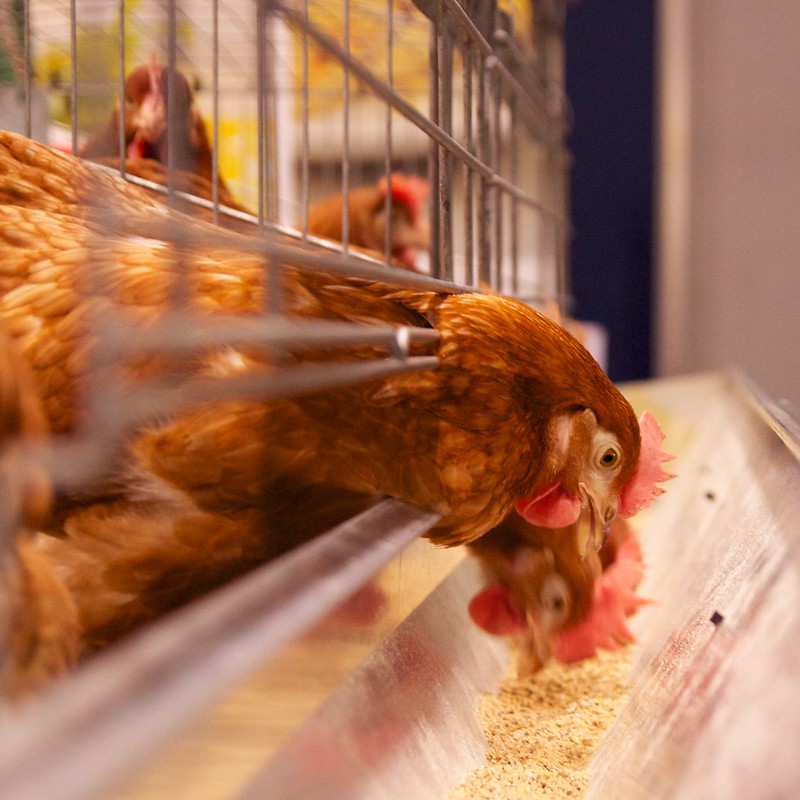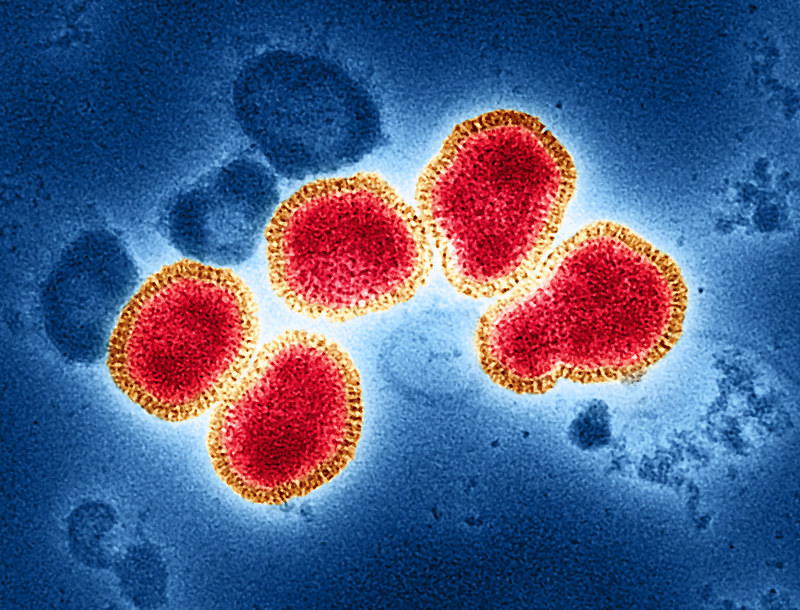 A new observational study from Canadian researchers reveals that COVID vaccination after long COVID was tied to fewer symptoms, increased well-being, and less inflammation. The study, based on participants in Montreal, is published in the International Journal of Infectious Diseases.
A new observational study from Canadian researchers reveals that COVID vaccination after long COVID was tied to fewer symptoms, increased well-being, and less inflammation. The study, based on participants in Montreal, is published in the International Journal of Infectious Diseases.
Long COVID, or post-COVID condition (PCC), is a major emerging public health issue, as 10% to 30% of COVID-19 patients who are not hospitalized, and 50% to 70% hospitalized patients, experience an array of symptoms lasting more than 12 weeks after acute infection.
While vaccination may protect against severe disease and hospitalization, less is known about how vaccination after PCC diagnosis affects patients. In the present study, 83 participants previously infected with SARS-CoV-2 who were diagnosed as having PCC before COVID vaccination were followed for up to 24 months.
Participants were enrolled in the study from February 12 to September 8, 2021. Forty-four had not yet received a COVID-19 vaccine at the beginning of the study, while the remaining 39 had already received one or two doses.
Vaccination linked to lower cytokines
The five most common PCC symptoms reported at the beginning of the study were fatigue (81.9%), trouble with concentration (47.0%), trouble with memory (39.8%), headache (32.5%) and shortness of breath at rest (31.3%) during all follow-ups.
After vaccination, 77.8%, 7.4%, and 14.8% of participants reported improved, worsened and unchanged well-being scores, respectively, the authors said. And 86%, 8.3% and 5.6% of participants reported fewer, more, and the same number of PCC symptoms, respectively.
We observed a significant reduction in systemic inflammatory cytokine/chemokine levels post-vaccination, independent of number of vaccine doses received.
Sixteen cytokines and chemokines were significantly decreased after vaccination in participant blood samples, a sign that inflammatory proteins were mitigated by vaccination.
"High inflammatory cytokine/chemokine levels have been correlated with increased acute COVID-19 severity and poor prognosis," the authors concluded. "We observed a significant reduction in systemic inflammatory cytokine/chemokine levels post-vaccination, independent of number of vaccine doses received."














